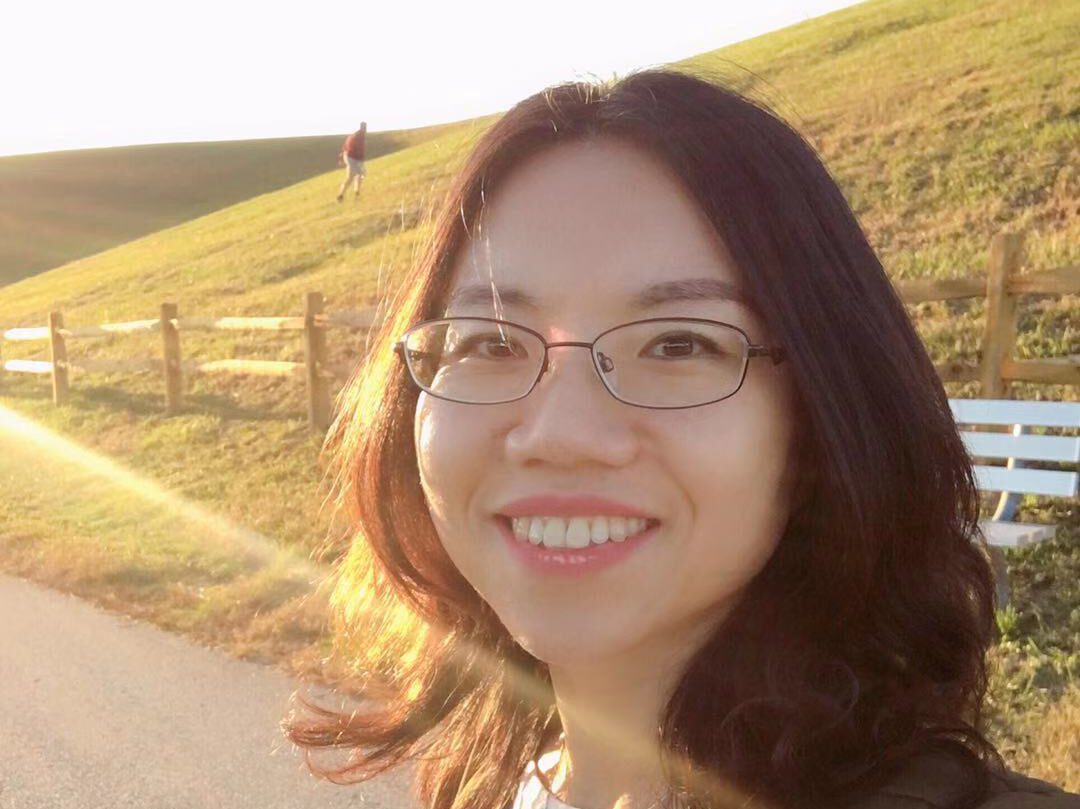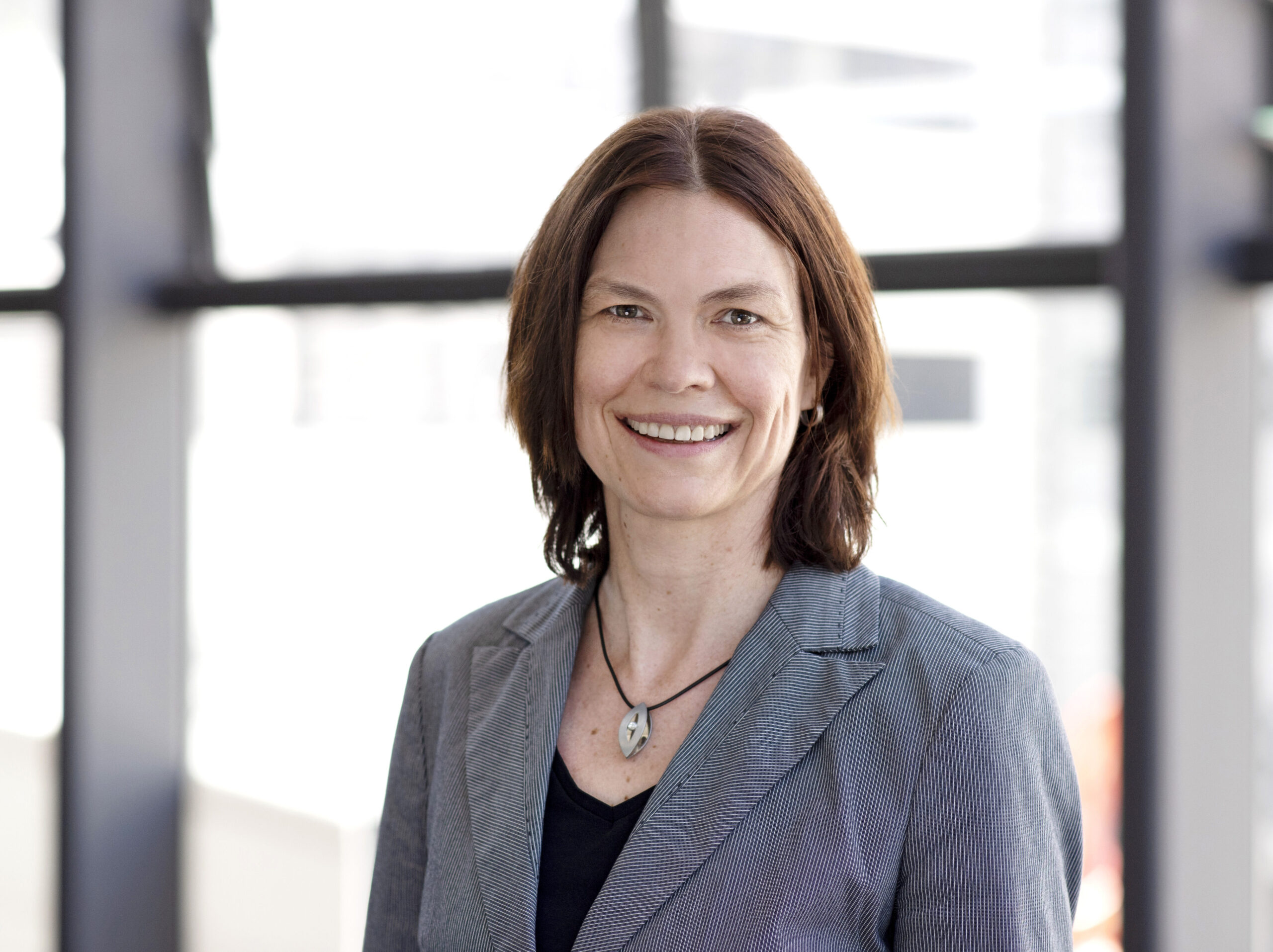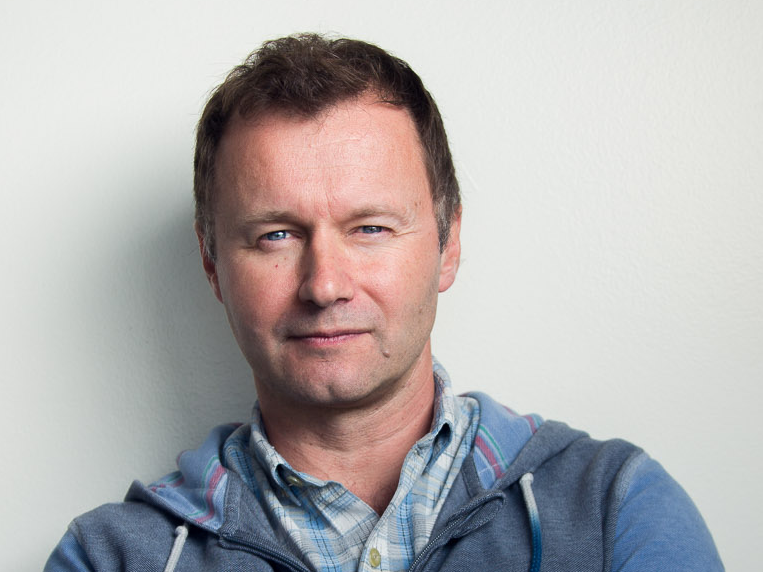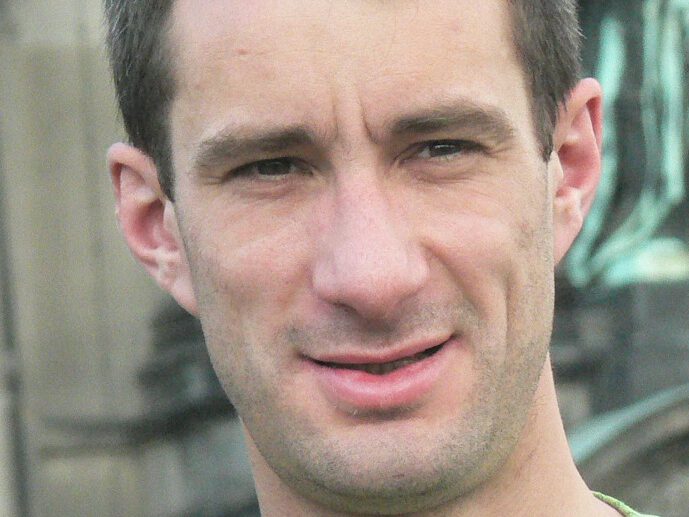
Weiwei Hu
Dr. Hu is currently an Associate Professor in the Department of Mathematics at the University of Georgia. She obtained her PhD degree in Applied Mathematics from Virginia Tech in 2012. Thereafter she held an NTT assistant professorship at the University of Southern California from 2012 to 2015, and a Postdoctoral Fellowship at the Institute for Mathematics and its Applications (IMA), University of Minnesota, on the program “Control Theory and its Applications” from 2015 to 2016. Prior to joining the University of Georgia in 2019, Dr. Hu held a tenure-track Assistant Professor position at the Oklahoma State University from 2016 to 2019. Her current research mainly focuses on: (1) Control and estimation of partial differential equations; (2) Optimal control of transport and mixing via fluid flows; (3) Well-posedness and long-time behavior of mathematical fluid dynamics; (4) Data-driven control and estimation for network dynamics; (5) Computational methods for control designs and model reduction.

Birgit Jacob
Prof. Birgit Jacob received the M.Sc. degree in mathematics from the University of Dortmund, Germany, in 1992 and the Ph.D. degree in mathematics from the University of Bremen, Germany, in 1995. She held postdoctoral and Professor positions at the University of Twente, University of Leeds, University of Paderborn, Berlin University of Technology, and at the Delft University of Technology. Since 2010, she has been with the University of Wuppertal, Germany, where she is a Full Professor in analysis. From 2012-2016, she has been the Vice Dean of the Faculty of Mathematics and Natural Sciences. Her current research interests include the area of infinite-dimensional systems and operator theory, particularly well-posed linear systems and port-Hamiltonian systems.

Igor Mezic
Igor Mezic is a Distinguished Professor at the University of California, Santa Barbara. He pursues research in the fields of artificial intelligence (AI), dynamical systems, control theory and applications to security, energy efficient design and operations in complex systems. He did his Ph. D. in Dynamical Systems at the California Institute of Technology. Dr. Mezic was a postdoctoral researcher at the Mathematics Institute, University of Warwick, UK in 1994-95. From 1995 to 1999 he was a member of College of Engineering at the University of California, Santa Barbara. In 2000-2001 he has worked as an Associate Professor at Harvard University in the Division of Engineering and Applied Sciences. He won the Alfred P. Sloan Fellowship, NSF CAREER Award from NSF and the George S. Axelby Outstanding Paper Award from IEEE. He also won the United Technologies Senior Vice President for Science and Technology Special Achievement Prize in 2007. For his work on analysis and control of complex systems, he was named Fellow of the American Physical Society, Fellow of the Society for Industrial and Applied Mathematics and Fellow of the Institute of Electrical and Electronics Engineers. He is the recipient of the 2021 Crawford Prize, awarded once in two years to a researcher in Dynamical Systems Theory. Dr. Mezic is the Director of the Center for Energy Efficient Design and Head of Buildings and Design Solutions Group at the Institute for Energy Efficiency at the University of California, Santa Barbara. He holds 10 US patents. He founded Aimdyn, Inc. in 2003 and is the CTO and Chief Scientist of Mixmode.ai.

Christophe Prieur
Christophe PRIEUR graduated in Mathematics from the Ecole Normale Supérieure de Cachan, France in 2000. He received the Ph.D degree in 2001 in Applied Mathematics from the Université Paris-Sud, France. From 2002 he was an associate researcher CNRS at the laboratory SATIE, Cachan, France, and at the LAAS, Toulouse, France (2004-2010). In 2010 he joined the Gipsa-lab, Grenoble, France where he is currently a senior researcher of the CNRS (since 2011). He was the Program Chair of the 9th IFAC Symposium on Nonlinear Control Systems (NOLCOS 2013), the 14th European Control Conference (ECC 2015) and the 61st IEEE Conference on Decision and Control (CDC 2022). He is currently an associate editor of the AIMS Evolution Equations and Control Theory and Methods, the SIAM Journal of Control and Optimization and the Mathematics of Control, Signals, and Systems. He is a senior editor of the IEEE Control Systems Letters, and an editor of the IMA Journal of Mathematical Control and Information. His current research interests include nonlinear control theory, hybrid systems, and control of partial differential equations, with applications including navigation and object tracking, fluid dynamics, and fusion control.
Lassi Paunonen
Lassi Paunonen is currently an Associate Professor in mathematics and the leader of the Systems Theory Research Group at Tampere University, Tampere, Finland. He received the MSc in 2007 and PhD in 2011, both from Tampere University of Technology, Finland. During 2012-2016 he was a postdoctoral researcher at Tampere University of Technology, and since 2016 he has held a tenure track position in the same institution. During 2016–2019 he also held the position of an Academy of Finland Postdoctoral Researcher and during 1/2017–7/2017 he was an academic visitor at Institute of Mathematics at University of Oxford, UK. His main research interests include control of distributed parameter systems and PDEs and stability theory of strongly continuous semigroups. In particular, he is interested in output tracking, disturbance rejection and internal model based control of boundary controlled PDE models and related classes of infinite-dimensional systems. He is also interested in “polynomial stability” and “non-uniform stability” which are frequently encountered in the study of multidimensional damped wave equations and in coupled PDE models. In addition, part of his research focuses on applications of control theoretic methods in computational neuroscience.
